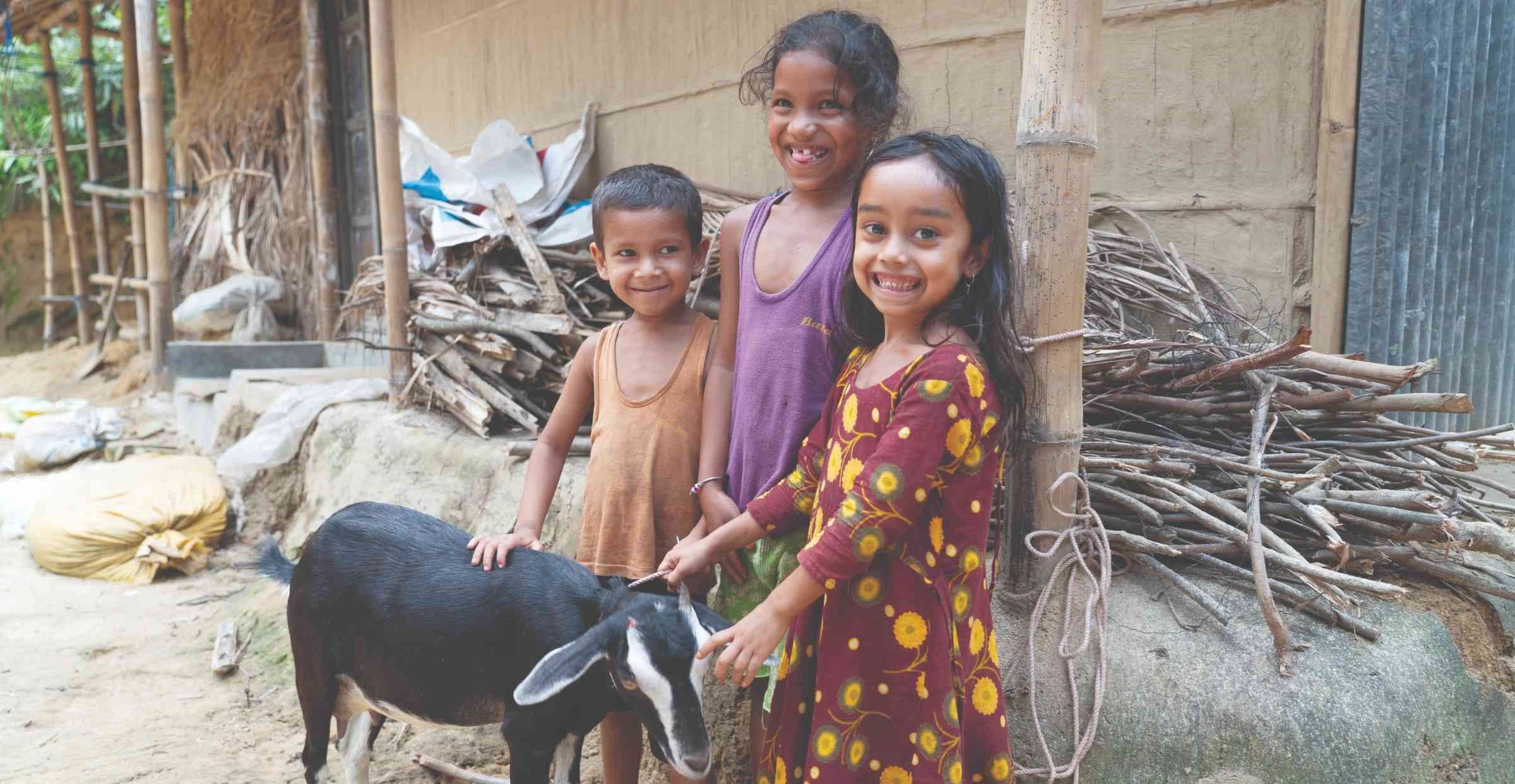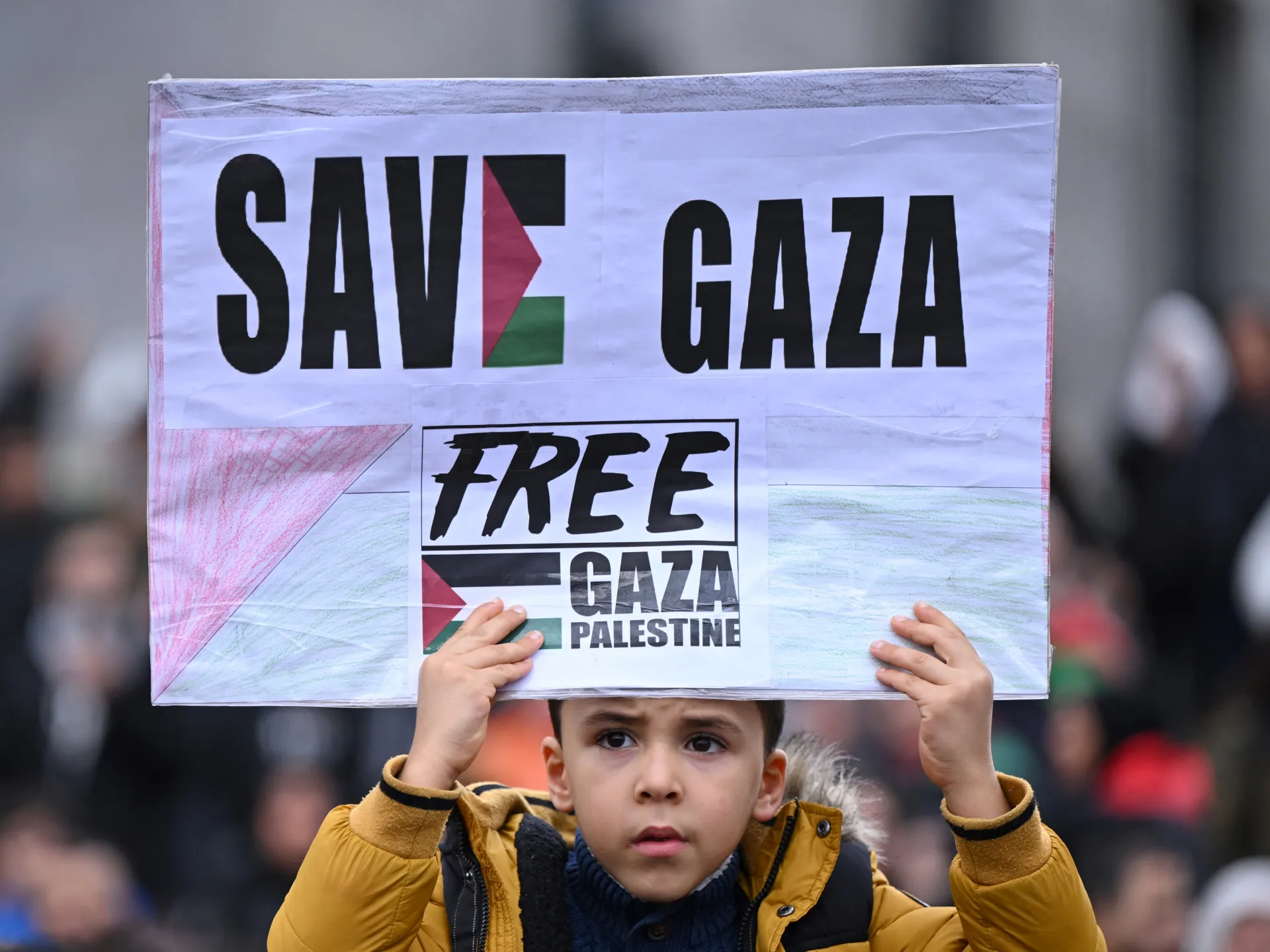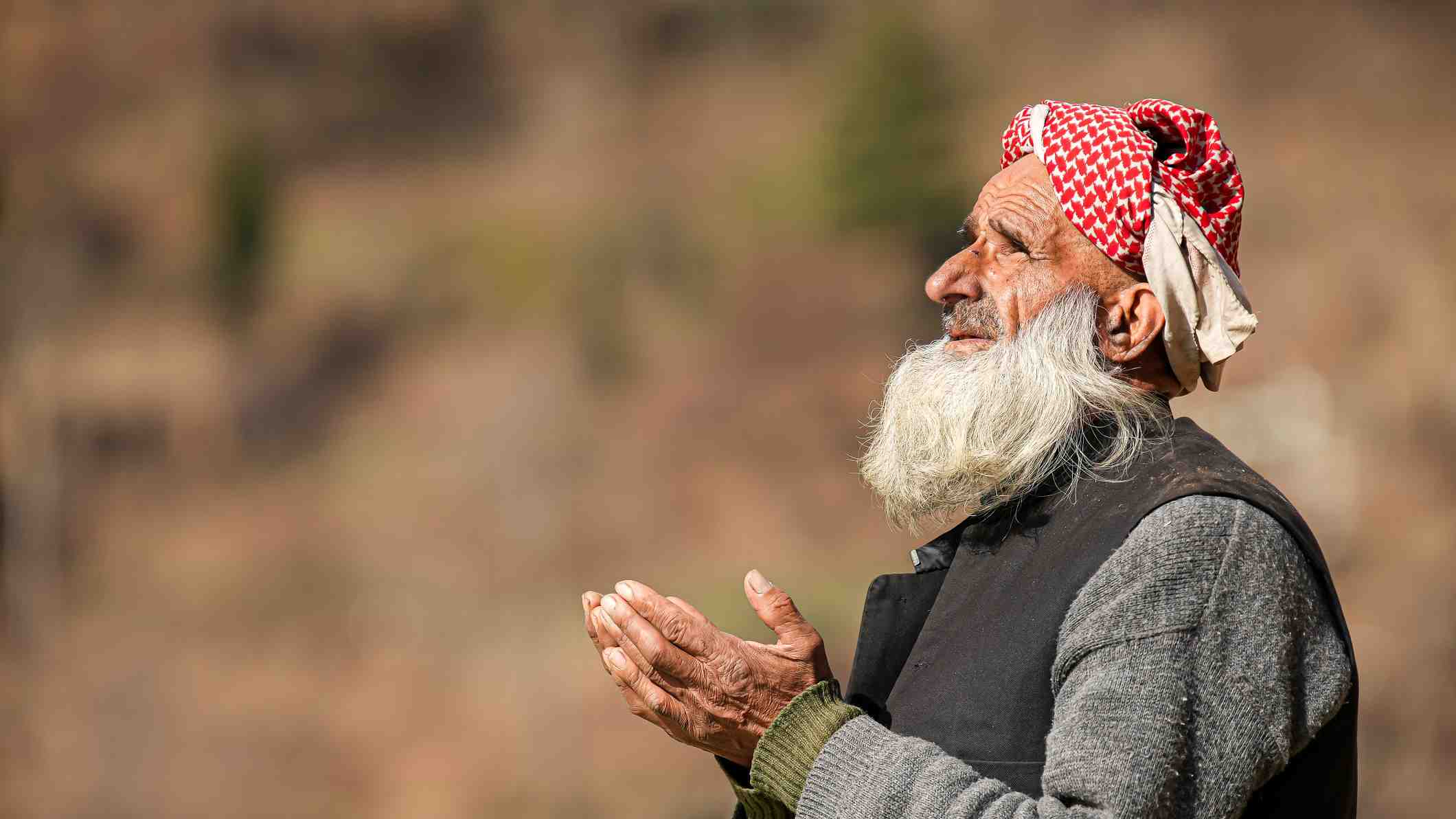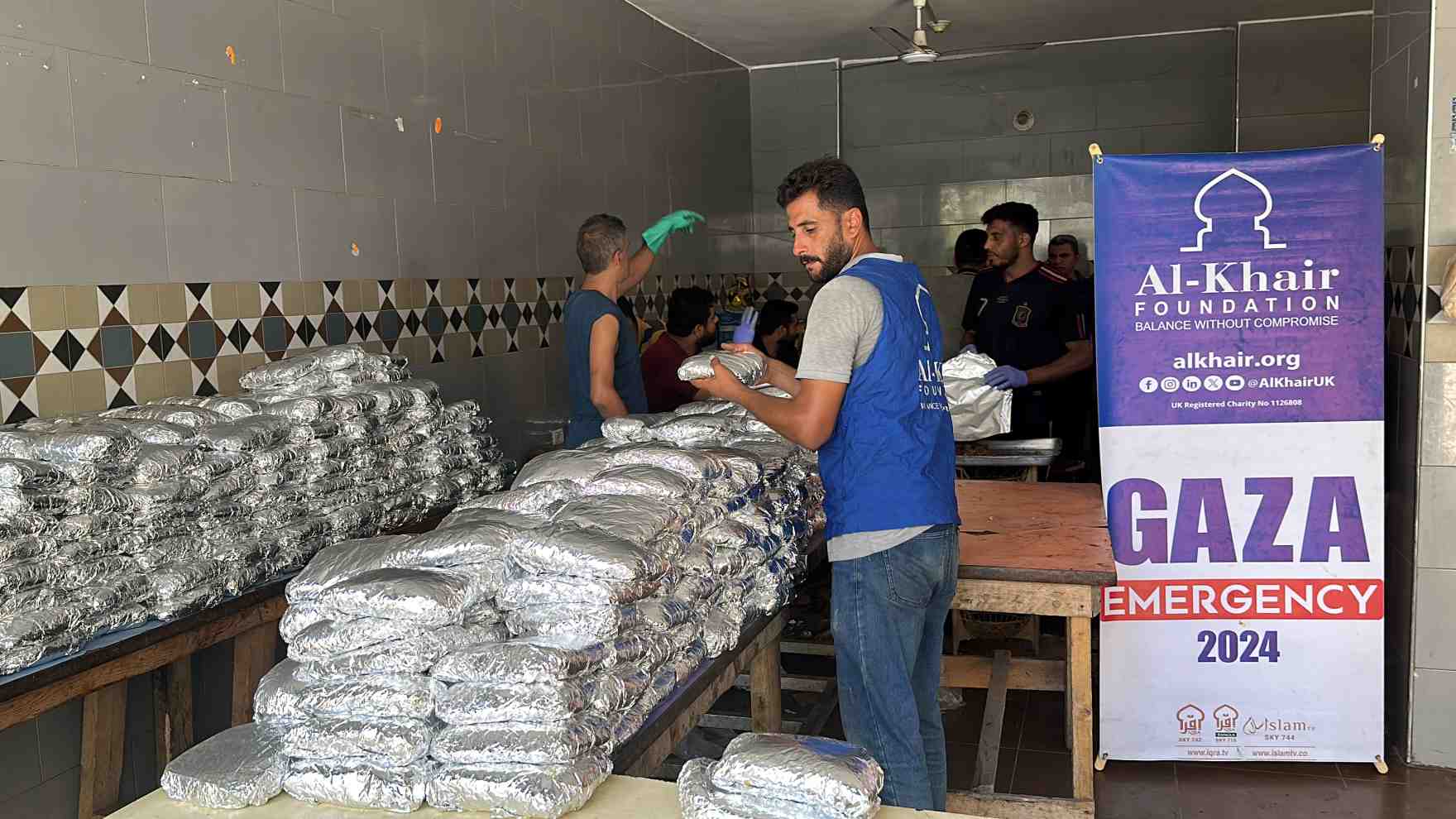Understanding Aqiqah: A Sacred Islamic Tradition
Aqiqah, also spelled Aqeeqah, is a cherished Islamic tradition that represents one of the most beautiful expressions of gratitude to Allah (SWT) for the blessing of a newborn child. This sacred practice, deeply rooted in the Sunnah of Prophet Muhammad (PBUH), involves the sacrifice of an animal - typically a goat or sheep - as an act of thanksgiving and celebration following the birth of a child.
The word Aqiqah itself derives from the Arabic root 'aqq', which means to cut or slit, referring to the cutting of the animal's throat during the sacrifice. However, the spiritual significance of Aqiqah extends far beyond the physical act – it represents a parent's devotion, gratitude, and commitment to raising their child in accordance with Islamic values and teachings.
The Prophetic Tradition of Aqiqah
The practice of Aqiqah is firmly established in authentic Islamic traditions. The Prophet Muhammad (PBUH) performed Aqiqah for his grandsons Hassan and Hussain, setting a beautiful example for the Muslim Ummah. According to various Hadith narrations, the Prophet emphasized the importance of this practice, describing it as a means of protection and blessing for the newborn child.
In Islamic jurisprudence, while Aqiqah is not obligatory (fard), it is considered a highly recommended Sunnah (Sunnah Muakkadah). The sacrifice traditionally involves two animals for a boy and one for a girl, though many scholars agree that one animal for either gender is sufficient, especially for those with limited means. This flexibility demonstrates Islam's consideration for different economic circumstances while maintaining the spiritual essence of the practice.
When and How to Perform Aqiqah
The optimal time for performing Aqiqah is on the seventh day after the child's birth, as recommended in the Hadith. This timing coincides with other Sunnah practices such as naming the child and shaving the baby's head. However, Islamic teachings provide flexibility – if the seventh day is not feasible, Aqiqah can be performed on the 14th day, 21st day, or any time thereafter when circumstances permit.
The animal selected for Aqiqah sacrifice must meet the same criteria as those for Qurbani (Udhiyah): it should be healthy, free from obvious defects, and of appropriate age. The sacrifice should be performed with the intention (niyyah) of Aqiqah for the specific child, invoking Allah's name at the time of slaughter.
Through Al Khair Foundation's Aqiqah service, we ensure that all Islamic requirements are meticulously observed. Our experienced teams work with certified slaughterhouses and follow strict Shariah guidelines, giving parents peace of mind that their Aqiqah is performed correctly while simultaneously supporting vulnerable communities worldwide.
The Distribution and Social Impact of Aqiqah
The meat from the Aqiqah sacrifice is traditionally divided into three portions: one–third for the family, one-third for relatives and friends, and one–third for the poor and needy. This distribution model embodies the Islamic principles of sharing blessings and strengthening community bonds. It transforms a personal celebration into a communal act of worship and charity.
At Al Khair Foundation, we offer both cooked and uncooked Aqiqah options to maximize the benefit for recipient communities. Our cooked Aqiqah service includes professional preparation and distribution of nutritious meals to orphans, widows, and impoverished families who rarely have access to meat protein. The uncooked option provides raw meat to families, allowing them to prepare meals according to their needs and preferences.
By performing your child's Aqiqah through our services, you're not only fulfilling a sacred Sunnah but also contributing to food security in vulnerable communities across Africa, Asia, and the Middle East. Each Aqiqah becomes a source of joy and sustenance for families facing hardship, multiplying the blessings of your child's birth.
The Prophet said, ‘Every child is in pledge for its Aqiqah which is sacrificed for it on its seventh day, and it is named on it, and its head is shaved.’ (Sunan Abu Dawood)
Spiritual Benefits and Wisdom of Aqiqah
The spiritual dimensions of Aqiqah are profound and multifaceted. Scholars have explained that Aqiqah serves as a form of ransom (fidyah) for the child, a concept mentioned in various Hadith. It represents the parents' acknowledgment that their child is a trust (amanah) from Allah, and their commitment to raising the child righteously.
Furthermore, Aqiqah is believed to strengthen the spiritual bond between parent and child, invite divine protection and blessings upon the newborn, and serve as an act of purification. It's a means of seeking Allah's pleasure and expressing submission to His will, acknowledging that all provisions and blessings come from Him alone.










